People who find it hard to gain muscle are frequently called hardgainers. Hardgainers are often naturally skinny ectomorphs with slender bones, fast metabolisms and a body like a marathon runner but not always; sometimes there are identifiable barriers that are preventing or slowing muscle growth. Make sure you aren’t inadvertently sabotaging your efforts to gain muscle by avoiding these seven common muscle building mistakes.
1. You aren’t training hard enough Building muscle is not an easy process; it takes time, dedication and effort. To make your muscles grow, a process called hypertrophy, you need to overload them and that means lifting moderate to heavy weights to the point of or very close to muscular failure and then, after a brief rest, doing it again. Half-hearted sets of exercises using light weights will not sufficiently stimulate your muscles to grow.
Hypertrophy training causes a lot of lactic acid to be produced and that in turn causes your muscles to burn – not a pleasant sensation. However, as the “no pain no gain” saying suggests, training hard and the associated discomfort are part of the course in bodybuilding training and you’ll need to learn to tough it out if you want to succeed.
2. You are training too hard At the risk of sounding contradictory, you can’t train at full intensity all the time and nor can you do marathon-length workouts. Hypertrophy training is all about doing enough but no more than that as too much training can actually hold you back. Ideally your workouts should last between 45 to 90-minutes and be all about quality and not just quantity. Once you have worked sufficiently hard that you have triggered the hypertrophy response, additional exercises or sets become redundant and you are simply eroding your ability to recover between workouts. Do not attempt to emulate your favourite bodybuilder by following their 30-set arm workout – that is way too much exercise volume for a natural trainer.
Remember, many pros are exactly that – they train for a living. They are also genetic freaks and may also be taking performance enhancing drugs. That’s why they can do such long and intense workouts and exactly why you should not.
3. You’re doing too much cardio Cardio is an important part of fitness but too much cardio can detract from your hypertrophy training. Firstly, cardio uses energy that would be better used in fuelling your strength training workouts and the subsequent post-workout recovery. Cardio is also highly catabolic and that is the opposite hormonal condition to what is needed for muscle growth. Finally, cardio targets your type 1 slow twitch muscle fibres and not your type 2 fast twitch fibres – the ones you are trying to enlarge through strength training.
Doing lots of cardio when you are trying to gain muscle is like wearing lead boots while trying to learn to swim – hard and pointless. Keep your cardio down to three-sessions of around 20-minutes per week maximum.
4. Your lifestyle is a mess If you want to gain muscle, you need to be healthy and that means your lifestyle should support and not hinder your quest for bigger muscles. Your diet needs to be healthy, you need adequate sleep, and you should keep your stress levels as low as possible, not smoke, keep your alcohol intake to a minimum and generally look after your health. Training hard uses a lot of energy and so too does the process of muscle growth itself. Your lifestyle should put energy back into your body, not take more out. If you are serious about gaining muscle, make sure all aspects of your lifestyle are aligned to your training.
5. You aren’t eating enough Just as you can’t build a house without bricks, you can’t build muscle without food. Food provides the building essential materials and energy necessary for laying down new muscle tissue as well as fuelling your workouts and keeping you healthy. If you aren’t gaining muscle but are training hard and smart, you are probably not eating enough. Make sure you consume around two-grams of protein per pound of body weight, one-gram of fat per pound and enough carbohydrates to ensure you have plenty of energy.
One easy way to work out roughly how many calories you need per day is to simply multiply your current bodyweight by 20 so a 200 lbs trainee needs around 4000 calories. If, however, you feel you are gaining more fat than muscle, trim 250-500 calories off this figure. If you are still not gaining muscle, eat more. In the old days, it was common for hard-gaining weight trainers to drink a gallon of milk a day to help with muscle growth. If you have no lactose issues, consider this cheap method for getting extra calories.
6. Your workouts are poorly designed Doing the wrong exercises, doing too many exercises, using too little or too much weight, planning your training week incorrectly or failing to observe the strength training principles of overload and progression will undermine your potential for muscle growth. Your workout should follow these basic principles…
- All major muscle groups trained once/twice a week. Once every five days is ideal
- Do 2-4 exercise per large muscle group, 1-3 exercises per small muscle group
- Two to four sets of 6-12 reps using 67-85-perecent of your one-repetition maximum is best
- Rest 30-90 seconds between sets
- Avoid doing the same and similar muscle group on consecutive days so avoid, for example, doing shoulders the day after chest
- Include rest days in your schedule where no exercise is done; definitely one day and preferably two or three per week
- Focus on getting stronger in the key compound exercises of squats, deadlifts, bench presses, shoulder presses, pull/chin-ups, dips and curls. Use supplementary exercises like calf raises and side raises to finish off your workouts. Think meat and potatoes first (big compound exercises) and then only have dessert (isolation exercises) if you have room
7. You change your program too often or too infrequently Ideally, you should see progress form one week to the next – either in terms of more weight lifted or more repetitions performed. If your performances have stalled, you need to change your workout. The effective lifespan of most workouts is around six to eight weeks. Change your workout too often and you won’t see any meaningful results from your training but stick with the same program for too long and it will cease to work. So long as you are seeing improvements then your workout is fine but if you aren’t making progress then it’s time for a change.
If you are serious about gaining muscle, you need to commit to the process. There is more to gaining muscle than doing a few sets of bench press and biceps curls twice a week. Get a good program, eat like you mean it, get plenty of rest and you will be amazed at the progress you can make. With all your ducks in a row you can say goodbye to the hardgainer label.

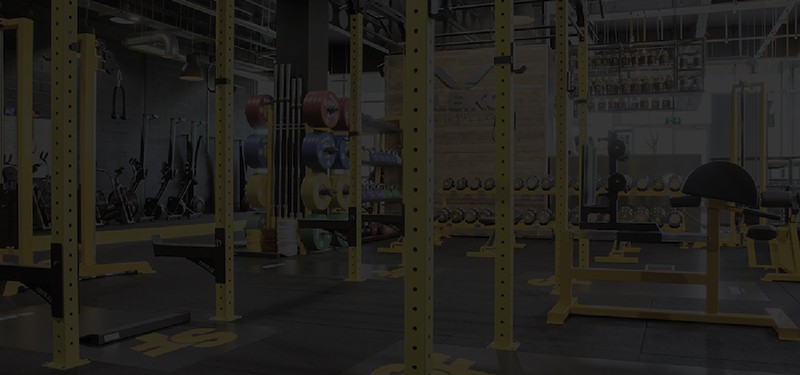
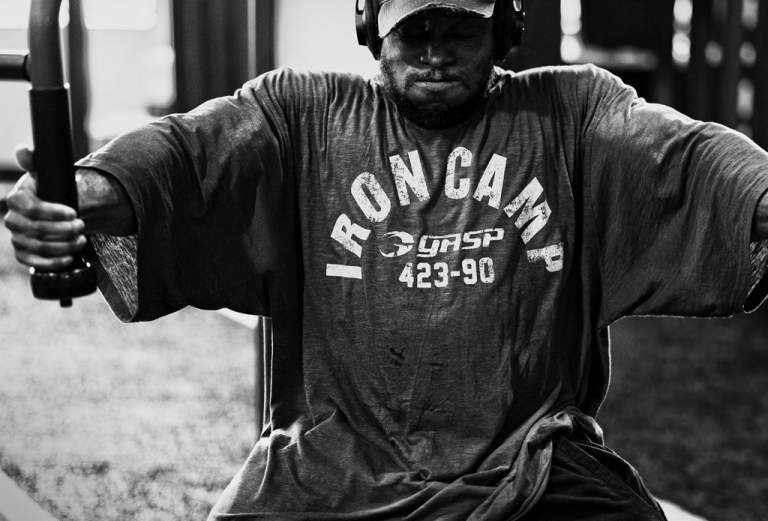
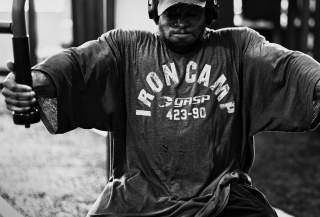
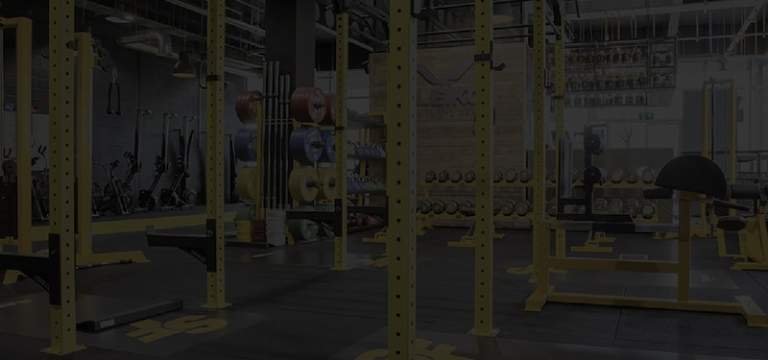

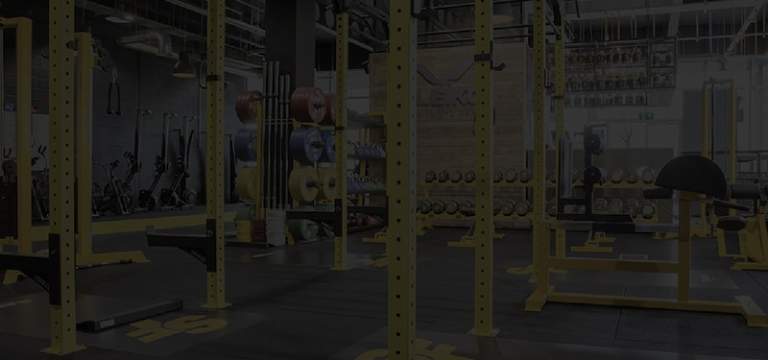

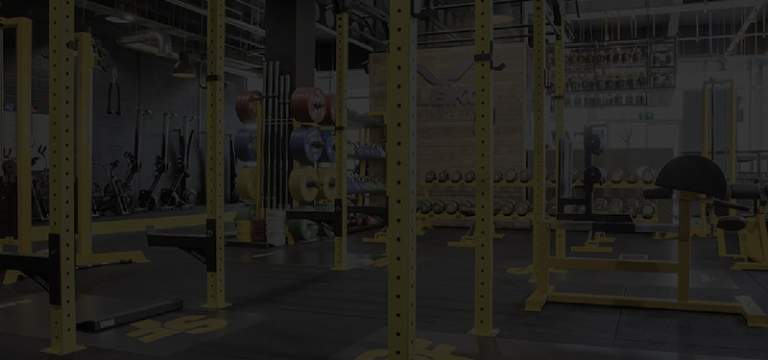

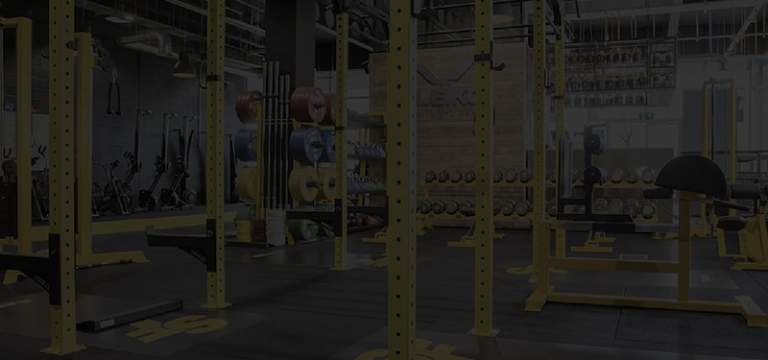
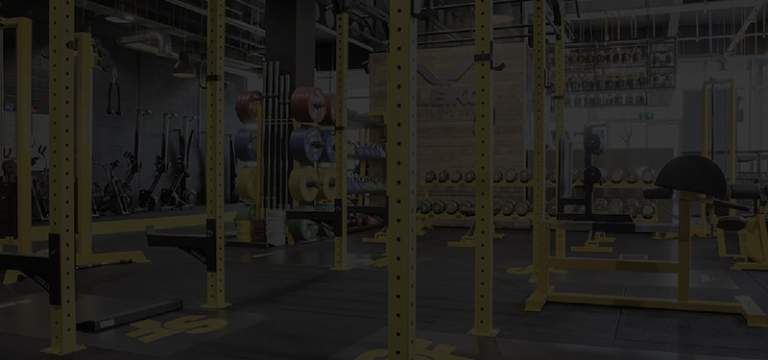
3 Comments
Comments are closed.